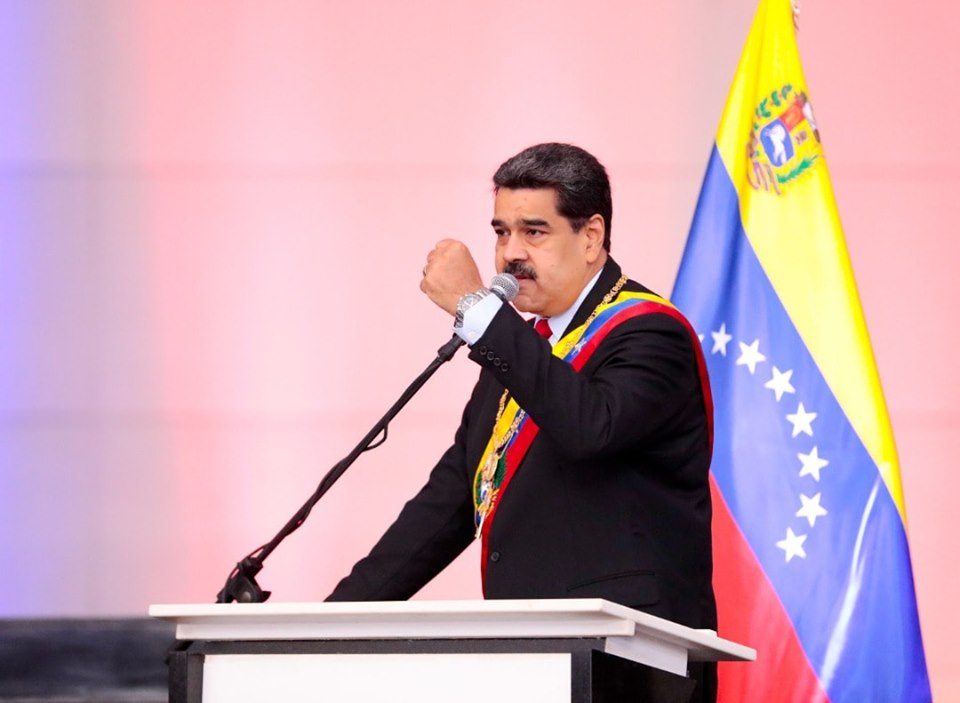
NEW YORK — The United States and more than a dozen Latin American countries agreed Monday to investigate and arrest associates and senior officials of the Venezuelan government of Nicolas Maduro who are suspected of crimes like drug trafficking, money laundering and financing terrorism.
But the diplomats gathered in New York on the sidelines of the U.N. General Assembly stopped short of endorsing military action. Both actions are allowed under the Cold War-era Rio Treaty that the U.S.-backed opposition recently invoked for the first time since the Sept. 11, 2001, terrorist attacks in its bid to increase international pressure and force Maduro from power.
Colombian Foreign Minister Carlos Holmes said the 16 countries voting for the legally binding resolution agreed to form working groups to share financial intelligence designed to target individuals and entities linked to Maduro’s government.
Only Uruguay opposed the text, while Trinidad and Tobago abstained and Cuba wasn’t present.
The goal is to find and freeze assets in countries where government insiders may be hiding the illegal proceeds from corruption or drug trafficking.
“This is a transcendental step, of great importance, in favour of peace” in Venezuela, Holmes said.
Still, it’s unclear whether the added pressure will break the military’s support for Maduro.
Many of the countries that signed the 1947 Rio Treaty already recognize opposition leader Juan Guaido as Venezuela’s legitimate leader. He declared himself interim president in January, citing what many saw as Maduro’s fraudulent re-election last year.
Several nations have even imposed travel bans and frozen assets, although not in any collective manner.
The same treaty contends that a threat against any single signatory should be considered a danger to all. But all sides have said they seek a peaceful solution, and Holmes said possible defenceco-operation wasn’t even discussed in the closed-door meeting at a heavily guarded Manhattan hotel.
Venezuela withdrew from the Rio Treaty in 2013, but the members have accepted Guaido’s request to rejoin.
Exiled opposition lawmaker Julio Borges, Guaido’s top foreign policy aide, said countries would take a “step by step” approach in their campaign of pressure against Maduro.